The Fourth Battle of Winchester
The Fourth Battle
of Winchester
Toward a New Civil War Paradigm
Richard M. McMurry
The Kent State University Press

Kent & London
2002 by The Kent State University Press, Kent, Ohio 44242
All rights reserved
Library of Congress Card Catalog Number 2001002197
ISBN 0-87338-721-X
Manufactured in the United States of America
06 05 04 03 02 5 4 3 2 1
Library of Congress Cataloging-in-Publication Data
McMurry, Richard M.
The Fourth Battle of Winchester: toward a new Civil War paradigm /
Richard M. McMurry.
p. cm.
Includes Index.
ISBN 0-87338-721-x (pbk.: alk. paper)
1. VirginiaHistoryCivil War, 18611865Campaigns.
2. Winchester (Va.)History, Military19th Century.
3. Shenandoah River Valley (Va. and W Va.)History
Civil War, 18611865Campaigns.
4. United StatesHistoryCivil War, 18611865Campaigns.
5. United StatesHistoryCivil War, 18611865Historiography.
6. Counterfactuals (Logic).
I. Title
E476.5.M38 2002
973.73dc21 2001002197
British Cataloging-in-Publication data are available.
For two great friends who made life a whole lot better
Cecil and Sparkplug
No historian is ever wholly content merely with establishing
(in so far as he can establish) what happened in history; he must
go on and ask why it happened. It is this why that has fascinated
historians from the beginning of time, and that gives
excitement and meaning to historical inquiry.
HENRY STEELE COMMAGER
Someone has to propose ideas at the boundaries of the plausible
in order to so annoy the experimentalists and observationalists
that theyll be motivated to disprove the idea.
CARL SAGAN
History is supposed to be fun.
ARNOLD SHANKMAN
Contents
At its best the study of the American Civil War in general and of its military side in particular is a collective enterprise undertaken by friends who have a common interest in the great struggle and who gleefully share ideas and new information about the people and events of the 1860s. Over the years many such friends from all over the country and, indeed, the world have contributed to this book, most of them indirectly by the comments about the warand often about other subjects as wellthat they have made from time to time. Some of them may recognize parts of this work as having grown from remarks they made at this or that gathering or in one or more of their publications. Many of these ideas, however, originated in conversations and arguments and were tossed about under such circumstances and conditions of insobriety that it is not now possible to ascertain who first came up with the suggestion. To all such fellow Civil Warriors, I owe much.
Seven friends were kind enough to read and critique this manuscript. Larry Daniel, Jack Davis, Gary Gallagher, Joe Glatthaar, John Hubbell, Bob Krick, and Steve Woodworth, distinguished historians all, kindly took time from their busy schedules to read an earlier version of the work, and it has benefited greatly from their efforts and suggestions. They, of course, are not responsible for any errors of fact that may remain or for my interpretations.
Joe and Steve, it must be said, do not share fully my great admiration for George H. Thomas and doubtless will welcome this complete exoneration from any complicity in the statements about him that appear in the text. Bob, as all of his many friends know, disagrees with manyperhaps mostof the arguments put forth in these pages. Good fellow that he is, he nevertheless slogged through the essay at considerable risk to his health (blood pressure), and his numerous and valuable suggestions have helped greatly improve whatever quality of style the text possesses. His corrections of several errors of fact and his questioning of many of my assertions led me to correct, revise, or restate many of them and, I hope, to strengthen my thesis.
To my son Jonathan go my usual thanks for help with the accursed machine that spends its days sitting on my desk, plotting to make my life miserable. Jonathan also read the work in an earlier version and made many valuable suggestions.
A note on the notes: Since this work contains no formal bibliography, I have included complete information about each source in the note where it is first cited. Normally, I avoid this pedantry since such information usually duplicates the bibliography, burdens the reader, wastes space and paper, and in general serves no useful purpose.
The nature of this studycounterfactual history, actual history, and a discussion of the work of other historiansnecessitated including much information that is, in effect, a debate with the work of other writers. Most of this material is in the text in one form or another. On several occasions, however, I have elected to put discussions of relatively minor matters or examples in footnotes rather than to clutter the text and deflect readers from the main argument.
Those of us fortunate enough to spend our adult lives studying the history of the American Civil War often receive invitations to speak at seminars, symposia, Civil War round table meetings, and similar gatherings all across the country. Anyone who addresses more than a few such groups will quickly learn that hundreds of the people who participate in the question-and-answer sessions frequently delight in subjecting the speakers to veritable barrages of counterfactual questions.
These sometimes wacky queries revolve around this kind of question: What would have happened if what did happen had not happened and X had happened instead? Almost any phrase containing one or more proper nouns and, perhaps, a verb or two can be inserted in place of the X.
Of all the hundreds of counterfactual Civil War questions I have been asked over the past three decades, I have known the answers to only five:
1. What would have happened if Braxton Bragg had used an atomic bomb at Perryville?
He probably would have won a clear tactical victory for the Confederates, but you can never know. Being Braxton Bragg, he might have vaporized his own army, thereby effectively ending the war in mid-October 1862.
2. What would have happened if Ulysses S. Grant had commanded the Yankee army at Chancellorsville in May 1863?
Today those of us living in what are now the United States and Canada would be speaking German, and most of our histories of the American Civil War, along with most of the other books as well as almost all of the magazines and newspapers published in Europe and North America, would be written in that language.
Had Grant been in Virginia in May 1863 to command the Union forces in the Battle of Chancellorsville, he and the Confederates under Gen. Robert E. Lee would have fought one or more titanic and bloody, but inconclusive, engagements similar to those they, in fact, fought across the Old Dominion a year later. Meanwhile, with Grant in Virginia, Maj. Gen. John A. McClernand, as the senior officer present, would have commanded the Union force then endeavoring to capture Vicksburg, Mississippi.
With McClernand in command of the Yankees in the Vicksburg area, the Rebels would have captured Chicago, Indianapolis, Columbus, Pittsburgh, Philadelphia, Baltimore, and Washington. Lt. Gen. John C. Pemberton, commander of the secessionist army defending Vicksburg, would have become the greatest hero of the Confederacy when he forced President Abraham Lincoln to acknowledge Southern independence in a White House ceremony in occupied Washington. After such a triumph, Pembertona native of Pennsylvaniawould easily have won the 1867 election and become (on February 22, 1868) the second president of the Confederate States of America.


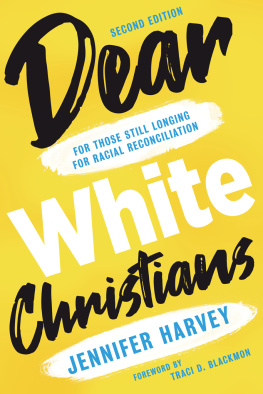
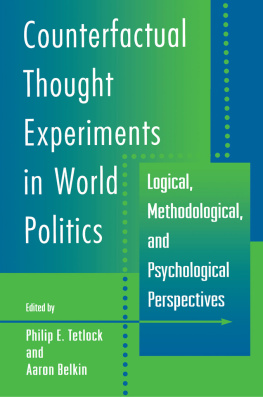
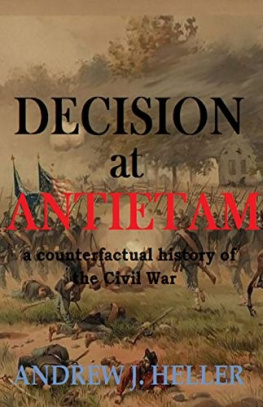
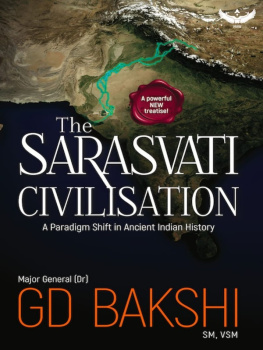
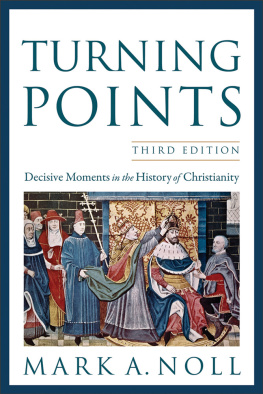
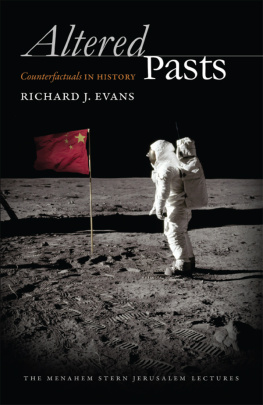
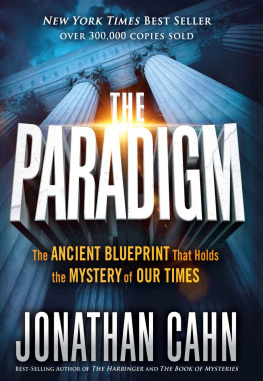


 Kent & London
Kent & London